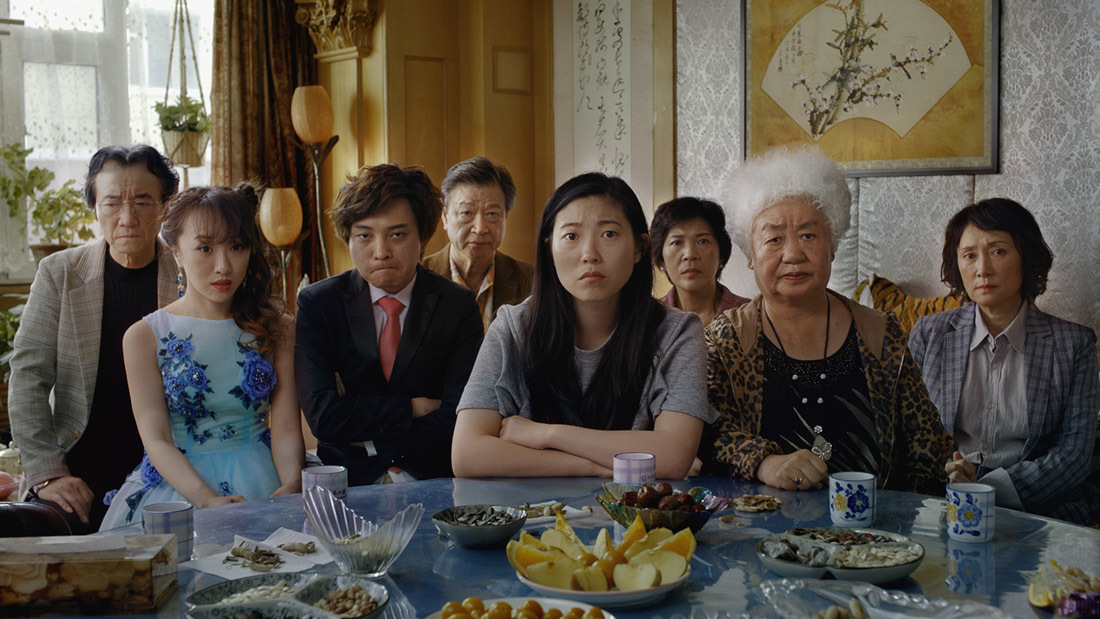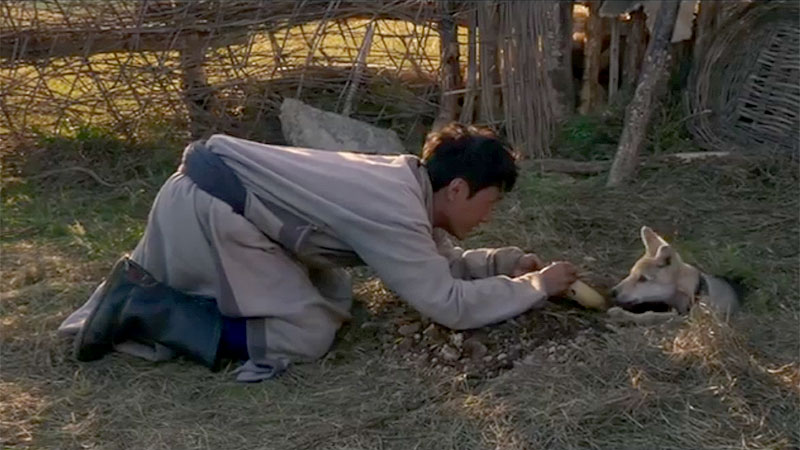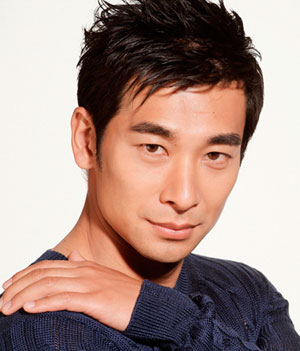Every once in a while, a film comes along that transcends conventional storytelling, offering a reflective journey that tugs at the deepest emotional chords while providing a lens into a world that many may find foreign yet inexplicably familiar. “The Farewell,” directed by Lulu Wang, is one such masterpiece. It presents a poignant narrative ripe with cultural nuances, compelling performances, and an exploration of familial bonds that resonate across geographic and cultural divides.
The film’s plot orbits around Billi, played by Awkwafina, a Chinese-American woman who returns to China under the guise of a wedding celebration when her beloved grandmother, Nai Nai (Zhao Shuzhen), is diagnosed with terminal cancer. Left in the dark about her fate, Nai Nai remains blissfully unaware of her prognosis. This collective family decision to shield her from the truth sets the stage for a tension-filled, yet profoundly human, exploration of love, duty, and identity.
At its core, “The Farewell” is a study in cultural disparity. The tug-of-war between Eastern and Western values concerning death and family obligations is a central theme. The Western inclination toward honesty and individualism starkly contrasts with the Eastern philosophy that values collective responsibility and protection of the elder’s emotional well-being. Through Billi’s internal struggle, Wang effectively encapsulates the dichotomous pressures experienced by those caught between two worlds. Awkwafina’s portrayal of Billi is heartbreakingly genuine, reflecting the complexities and intricacies of her cultural dissonance and familial duty.
Equally worthy of acclaim is Zhao Shuzhen’s portrayal of Nai Nai. Her performance is nothing short of revelatory. Nai Nai embodies the spirited, no-nonsense matriarch, full of life and unyielding energy. Her character’s unawareness of her terminal illness injects a bittersweet urgency into every glance, every shared meal, and every word spoken. Zhao’s seamless rendition draws viewers to invest emotionally, making her eventual fate all the more affecting.
The film’s visual storytelling is another understated marvel. Anna Franquesa Solano’s cinematography captures the bustling life of metropolitan China and the intimate settings of family gatherings with an observant eye. The dreariness of urban architecture juxtaposes with the warmth of familial interactions, subtly yet powerfully enhancing the emotional gravity of the narrative. Wang’s direction ensures every frame feels intentional, evoking an immersive atmosphere that invites viewers into the family’s inner sanctum.
Moreover, “The Farewell” skillfully weaves humor into its fabric. The moments of levity provide much-needed breathers between the heavy emotional beats, rendering the script a balanced and authentic reflection of real life, where humor and sorrow often coexist. One cannot overlook the scene where the family, involved in exaggerated banter during a family photo session, deftly transforms a potentially melancholic moment into one filled with laughter. It is these nuanced touches that imbue the film with a palpable authenticity.
The thematic exploration of the film extends beyond the obvious interplay of cultural values. It delves into the realm of personal identity, examining how one’s sense of self is often influenced by and in tension with familial expectations. Billi’s journey is as much about reconciling with her cultural heritage as it is about confronting the existential realities of mortality. Wang’s personal connection to the story—based on her real-life experiences—lends the narrative an added layer of sincerity and relatability.
“The Farewell” is further enriched by Alex Weston’s evocative score, which amplifies the film’s emotional peaks and troughs without overwhelming them. The delicate orchestration serves as a subtle narrative voice, underscoring moments of introspection and familial connection.
“The Farewell” is a testament to the power of storytelling that bridges cultural divides while exploring universal themes. Wang’s directorial vision, paired with stellar performances from Awkwafina, Zhao Shuzhen, and the supporting cast, creates a film that is both intimate and expansive in its emotional reach. It is an exploration of love, loss, and identity that resonates deeply, regardless of one’s cultural background. “The Farewell” not only illuminates the complexities of multicultural existence but also reaffirms the enduring human spirit that binds us all in our shared experiences of life and death.




